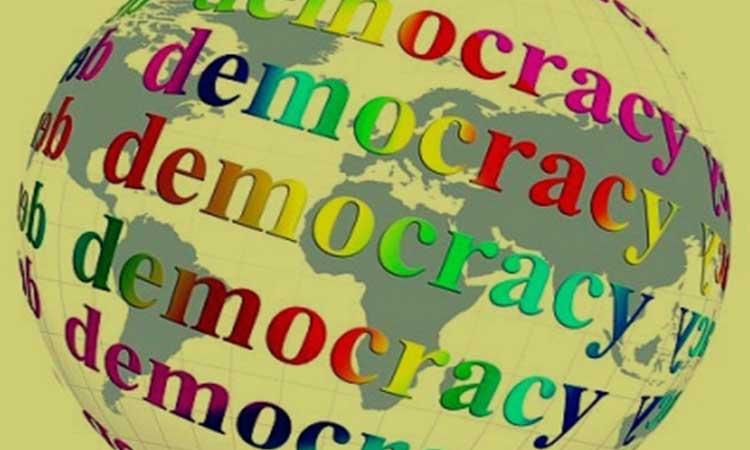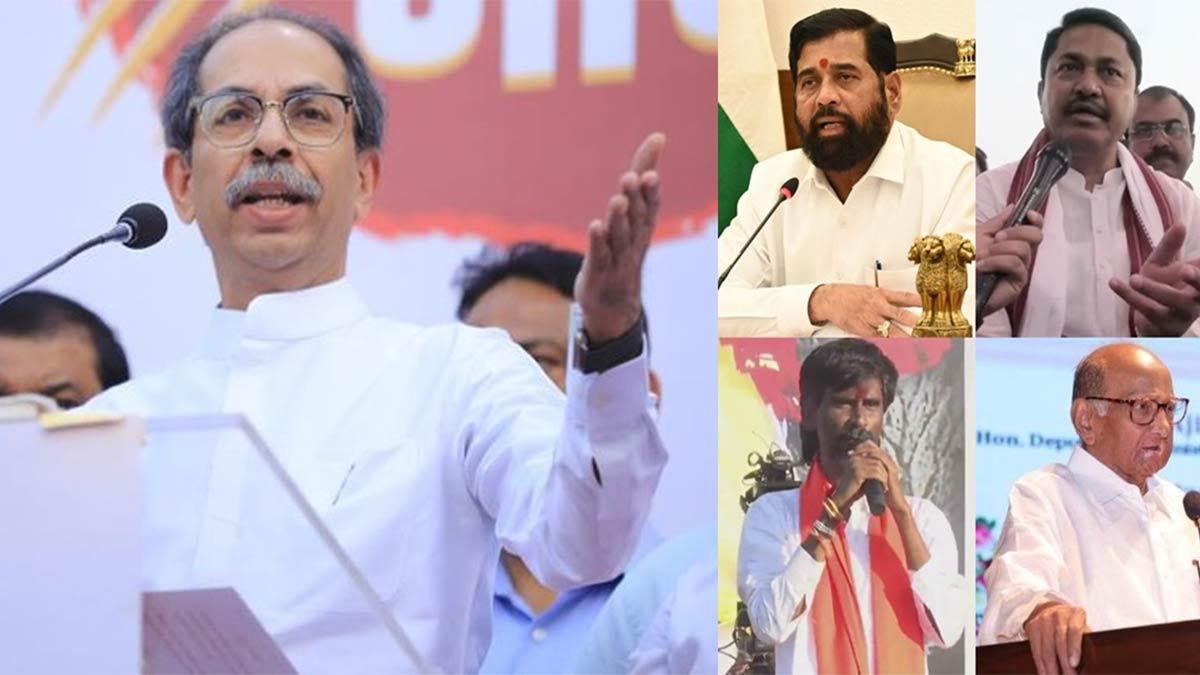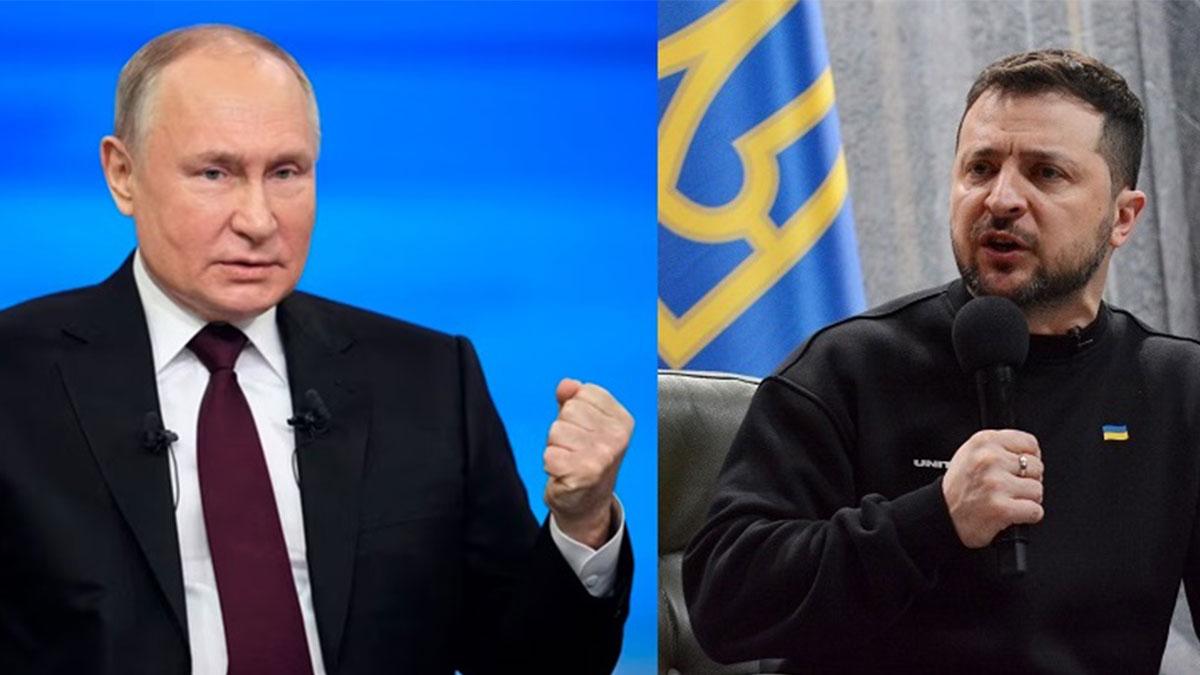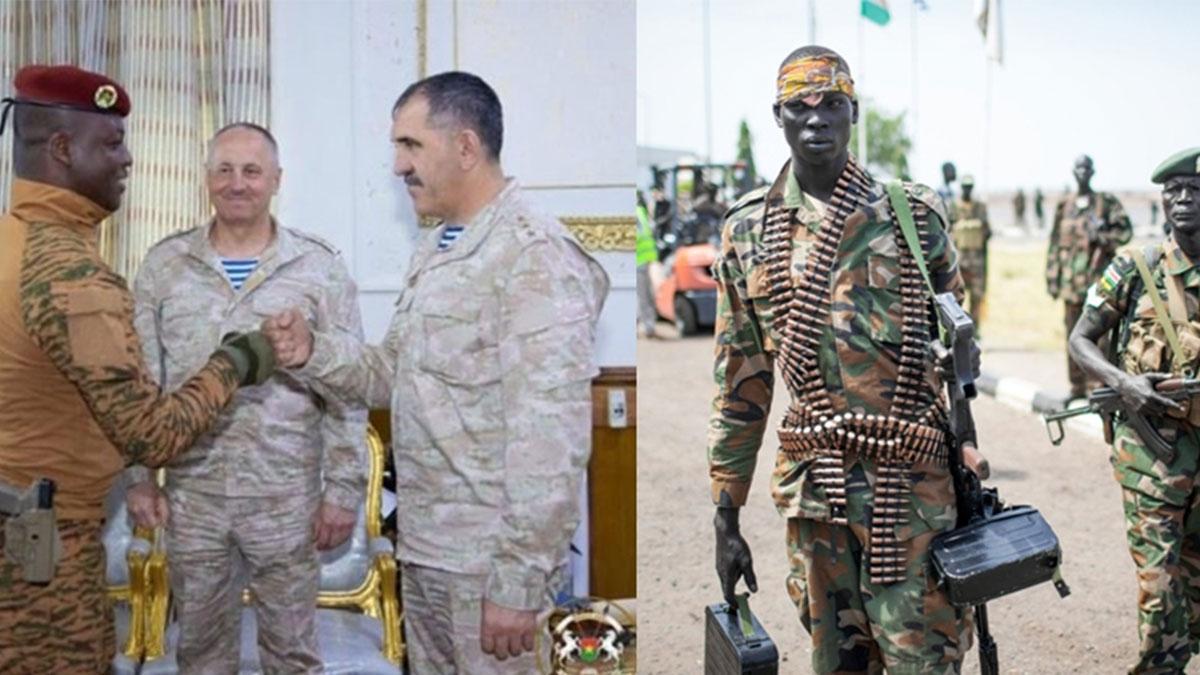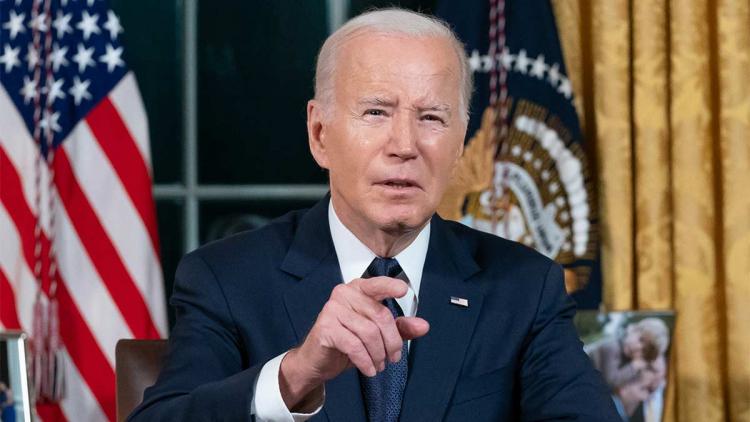Democracy defines a system by which most people in a country would like to be ruled by leaders elected by them on merit - this was widely regarded as the most equitable and stable form of governance.
The electorate had an implicit understanding and faith that the rulers would turn out to be persons of sterling qualities who come up in public life for seeking the rare satisfaction of being able to do something for the larger public good and not for turning their empowerment into means of personal gain.
The party system in a democratic order provides an instrumentality for installing the right people in positions of power, but by its very nature it becomes at best a measure of the popular base of the 'ruling party' - not a guarantor of best leadership from the point of view of the people.
Periodicity of elections theoretically provides the opportunity to the people to 'throw out' the non-performing rulers, but this all happens at the cost of precious time in the life of the nation that was wasted in a strategic sense.
A welcome development in the Indian context that might have gone unnoticed by many is the new found trend of people taking note not so much of the image of the party as of the merit of the leaders at its top.
Clearly, the BJP as the ruling party is in the news not only because it is the largest party size-wise but mainly because it is identified with Prime Minister Narendra Modi as its supremo.
In the past, parties ruled the country because they secured electoral majority but often failed to make an impression in terms of the leadership they provided.
The 'package' of leadership 'traits' was often incomplete - the leader might have 'integrity' but not 'decisiveness' for instance - and this would be enough for the people to feel let down ultimately.
The Modi government makes the point that somewhere it is the ruler not the organisation he represents that determines the political fortune of the party - the BJP no doubt kept up its image and symbolism to match up to the leader.
In a way it is an advance of Indian democracy that people are now attaching importance to both the political content of a party and the leadership it is capable of providing to the former.
The requisites of leadership needed in the area of governance are the same core competencies as are required anywhere else, but here some more demands are made on the leader commensurate with the public service dimensions of a democratic rule.
The first quality - basic to successful leadership - is the exercise of political will that is needed to make the leader look 'decisive'.
It is here that Prime Minister Modi has stood out - the decision to order surgical strike against Pakistan at Balakote in 2019 in reply to the terrorist attack on a convoy of CRPF at Pulwama in which 40 men were killed, was in contrast with the timid response of the then government to the unprecedented 26/11 attack.
Secondly, a leader must lead and to do that has to keep the 'initiative' with him. Prime Minister Modi is totally engaged in putting out schemes for economic development and 'leading the nation' towards a vision for the future.
His outreach and connectivity with the people are phenomenal and there is no dearth of his personal followers which makes him a leader of distinction - considering that classically one cannot be a leader unless one has followers.
The third basic requirement of leadership is 'courage,' which is a personal acquisition for somewhere it denotes strong nerves. While 'political will' is also an expression of courage, connected with the party backing to an extent, there are moments in public life when the leader would respond more effectively if he or she has the courage of conviction, self-confidence, and an intuitive understanding of what would be for public good.
These are rooted in intellectual strength. Another vital paradigm of leadership is the 'trustworthiness' of the leader in the eyes of the followers. An individual earns a reputation for reliability when he does not allow a gulf to develop between his sayings and his deeds, seems to adhere to a set of principles and fulfils the promise made to a follower.
If people are convinced of a certain transparency of his doings, they would consider him trustworthy even when he might not succeed fully in these matters.
Finally, a leader of our times has to measure up to the demands of the 'Age of Knowledge' - of being well informed, being attuned to knowledge-based decision-making and being fully aware of the value of time in the life of the people.
The ultimate test of being well-informed, for a leader in public life, is that he should be totally aware of the situation facing the citizens across the socio-cultural spectrum.
Prime Minister Modi's success as a leader is attributable substantially to his informed connectivity with the people.
A leader in public life has to measure up to a few more yardsticks of success - these are essentially linked to the leader's reputation which is of prime importance. Personal integrity, interest in human concerns beyond the mere exercise of 'emotional intelligence' in dealing with individuals and a 'paternal nurtural' image in the eyes of the subjects, are the principal requirements here.
Politics in the country is seen to be ridden with corruption and a leader with a clean image stands out in the public eye. This was a major factor behind the arrival of Modi on the national scene in 2014 - he had the additional advantage of being looked upon as a leader who would govern the country with a 'strong' hand.
Over the years, Modi has been able to connect with people and send down the message that he is working for the common man while strengthening the sentiment of nationalism among Indians to make India one big family.
He has successfully achieved the image of a national leader, who beyond holding the position of a Prime Minister, is carrying forward the process of economic growth at home on one hand and pushing ahead with building the status of India as a major power with global influence on issues of world peace and development, on the other.
Today, BJP is known by its leader more than by its own party ideology and organisational strength. This has happened in this country after a long time and should be regarded as a healthy feature in a party-based democracy.
The narrative of 'authoritarianism', 'illiberal' regime and lack of 'secularism' built by the opposition against the Modi government may not gather strength so long as Indian democracy sticks to the fundamental of 'one man one vote' and does not permit any denominational stamp to be put on the national government.
An entirely new dimension added to leadership is related to the advent of the Information Age consequent on the success of the IT revolution in the beginning of the nineties.
Today's leader has to be technology savvy in terms of grasping the value of 'digitisation', has to have an understanding of the importance of time as a 'resource' and has to establish transparent channels for the implementation of welfare measures.
Prime Minister Modi has to be given credit for showing an acute awareness of these transformational developments and giving speed to all development schemes - earlier leaders followed the political culture of merely announcing the launch of schemes without showing any concern about their completion.
The system of governance under Modi has broken new grounds - inter-ministerial coordination is not allowed to hold up policy formulation and the gap between policy and its execution is being consciously eliminated through a tightening of control on bureaucracy.
Performance of ministers and bureaucrats is often scrutinised directly by the Prime Minister. The call of 'sabka saath sabka vikas' given by Modi as the motto of his government has built secularism into Indian democracy and acted as a counter to the 'minority politics' played by his opponents.
The Prime Minister at the same time has been fierce in denouncing minority 'separatism' that was prone to being exploited by India's adversaries for damaging our internal security.
Developments in recent years on India's domestic front underline the need for the parties to keep national security above politics.
Finally, the classical test of a successful leader is the potential for riding a change - not merely coping up with it - that he displays in that crucial moment.
In corporate and business settings, this ability comes to the fore because of the vulnerability to sudden shifts they had by the very nature of things happening in a competitive environment.
However, leadership in public life is no less exposed to sudden alterations of power equation and since the stakes there were much higher, the political leader was required to show greater equanimity and initiative in trying to prevail over the challenge and maintain his or her position against all odds.
It is the cumulative advantage of all the essential leadership qualities that comes to the help of a political leader in situations of uncertainty and flux. To handle a transformative change, a business leader thinks primarily of the profitability of the corporate body, but in public life the leader is guided by the principle of 'largest good of the largest number'.
Preserving the personal stock is the concern of the leader in all situations, but in public life the leader's response to the 'challenge of change' has to satisfy the long-term interests of the nation and the people at large.
There should be no place for lesser mortals with petty minds in the area of national governance and the public evaluation of leadership operating at that level should rest on the policy content and the pathways of implementation of crucial decisions, defined by the powers that be.
In the Modi regime, the Prime Minister has led from the front - directly involving himself in all strategic moves on security and development and often laying down the policy himself with great clarity about its objectives.
Modi represents the ruling party but he has put his personal stamp of leadership on the national governance that has been acknowledged by the people at home and the international community as well.
The merits of a leader in public life survive the fluctuations of the political party they led and determine his or her place in history ultimately.
Also read | Prioritising the road ahead for the Indian industry
Also read | Karnataka win will push Oppn parties to take it more seriously

